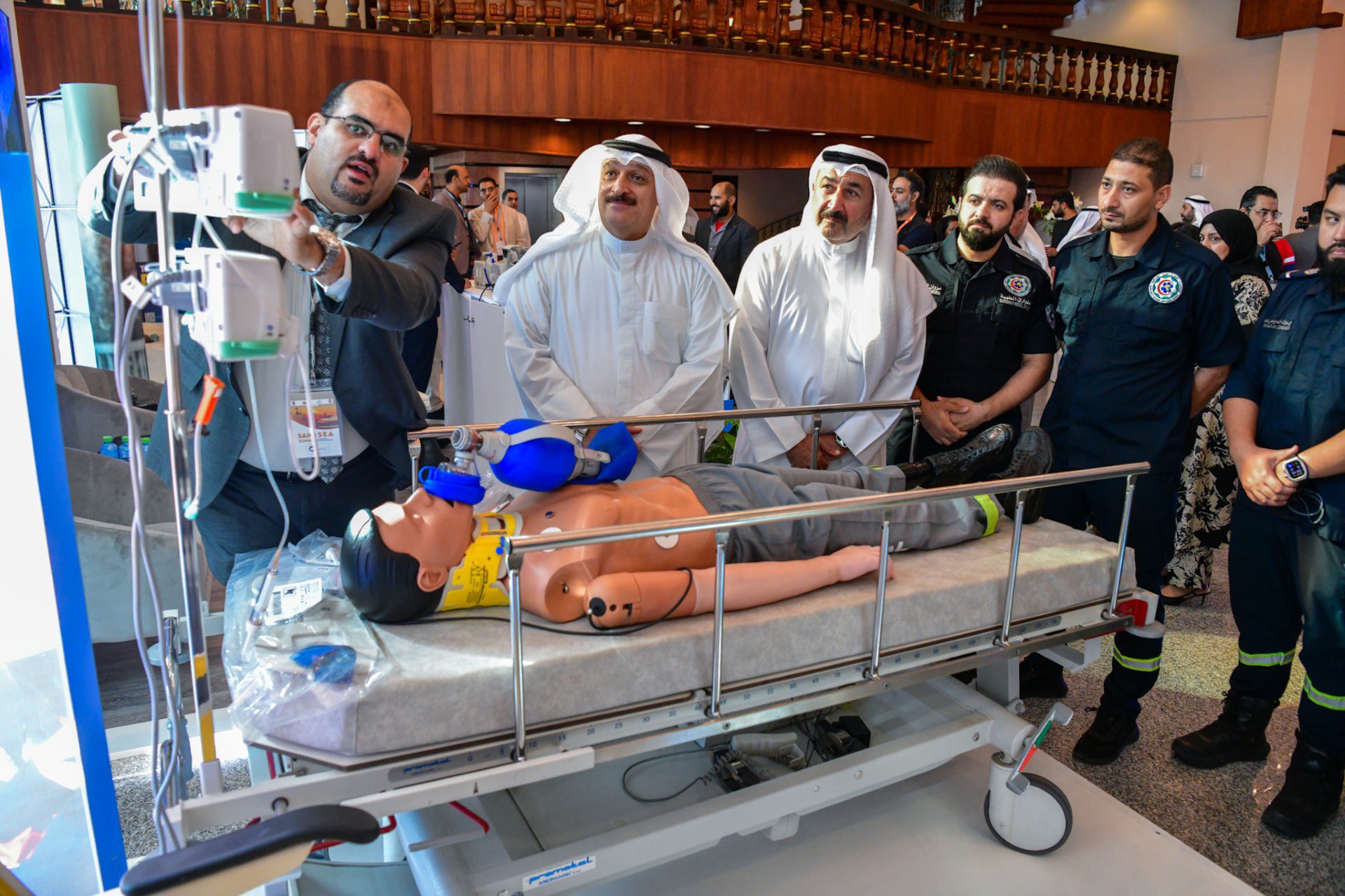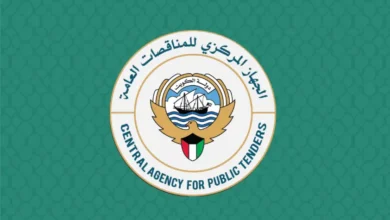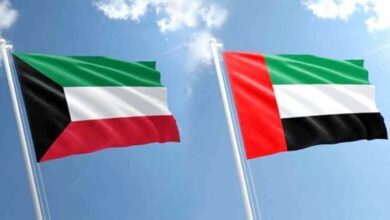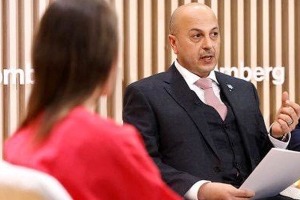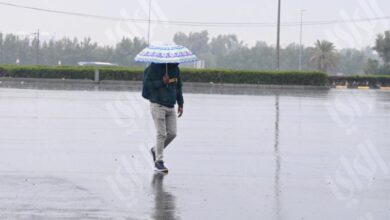Health minister vows world-class overhaul in emergency medicine
Dr. Ahmed Al-Awadhi pledged to attract local and international expertise in environmental emergency medicine, with a focus on developing national talent and training healthcare professionals.
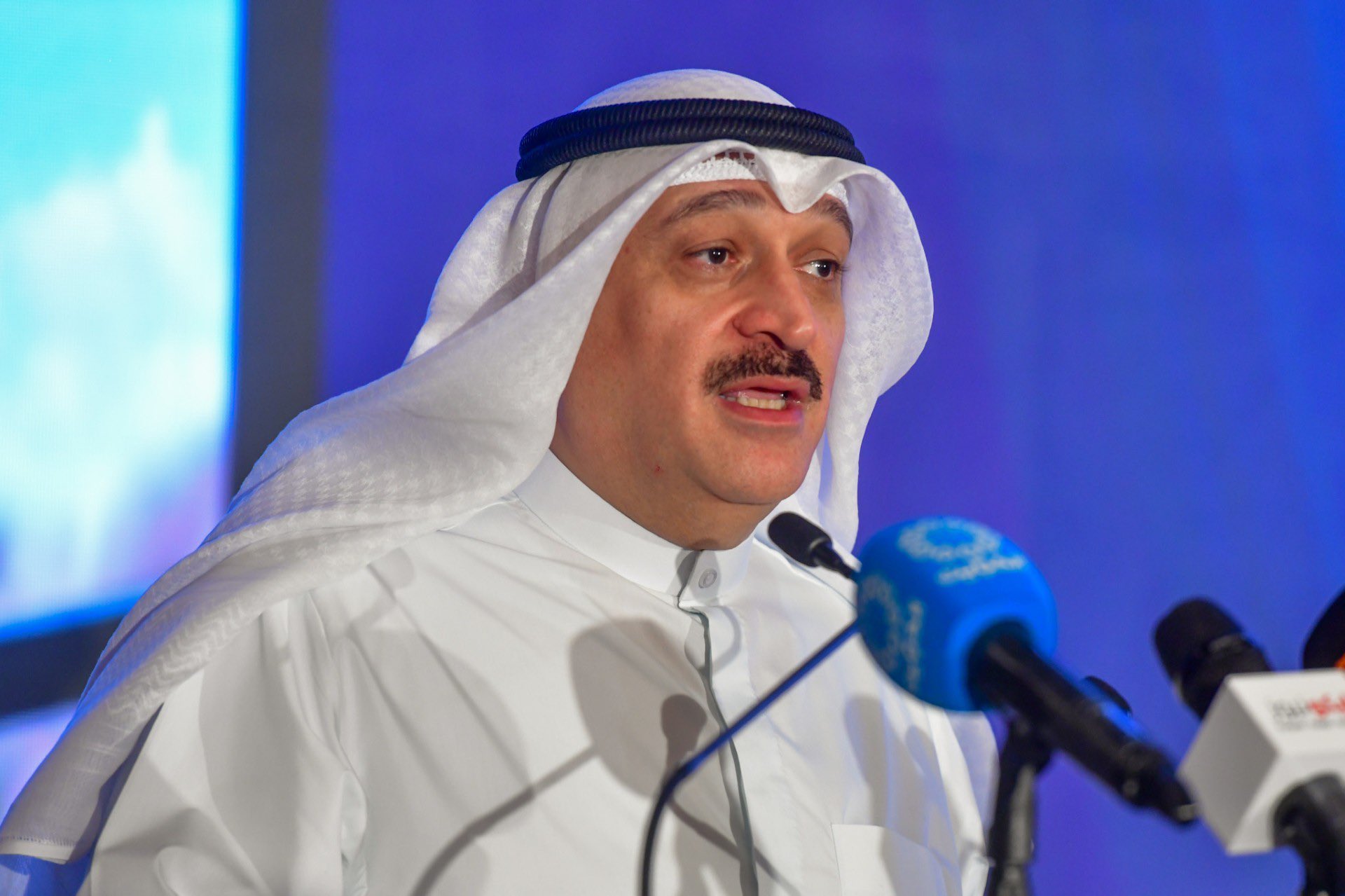
• Dr. Ahmed Al-Awadhi, the Minister of Health, said the ‘Emergency Medicine in Wildlife,’ workshop is a unique initiative, the first of its kind in the Middle East, aimed at advancing emergency medicine beyond the confines of centers and hospitals to address emergencies in natural settings, both on land and at sea.
Dr. Ahmed Al-Awadhi, the Minister of Health, confirmed on Thursday a continuous commitment to advancing emergency medicine, emphasizing the adoption of the latest international systems and protocols as part of strategic plans aligned with the “New Kuwait 2035” vision, according to Q-8 Press.
This was stated in the minister’s opening speech at the workshop hosted by the Ministry of Health, titled “Emergency Medicine in Wildlife,” which features prominent speakers from Kuwait, the United States, the UAE, and Oman over two days.
Minister Al-Awadhi said, “Today, we are opening a new chapter in environmental emergency medicine as a pioneering step that reaffirms Kuwait’s commitment to harnessing medical innovations and applying them in practice.”
He added that this workshop is a unique initiative, the first of its kind in the Middle East, aimed at advancing emergency medicine beyond the confines of centers and hospitals to address emergencies in natural settings, both on land and at sea.
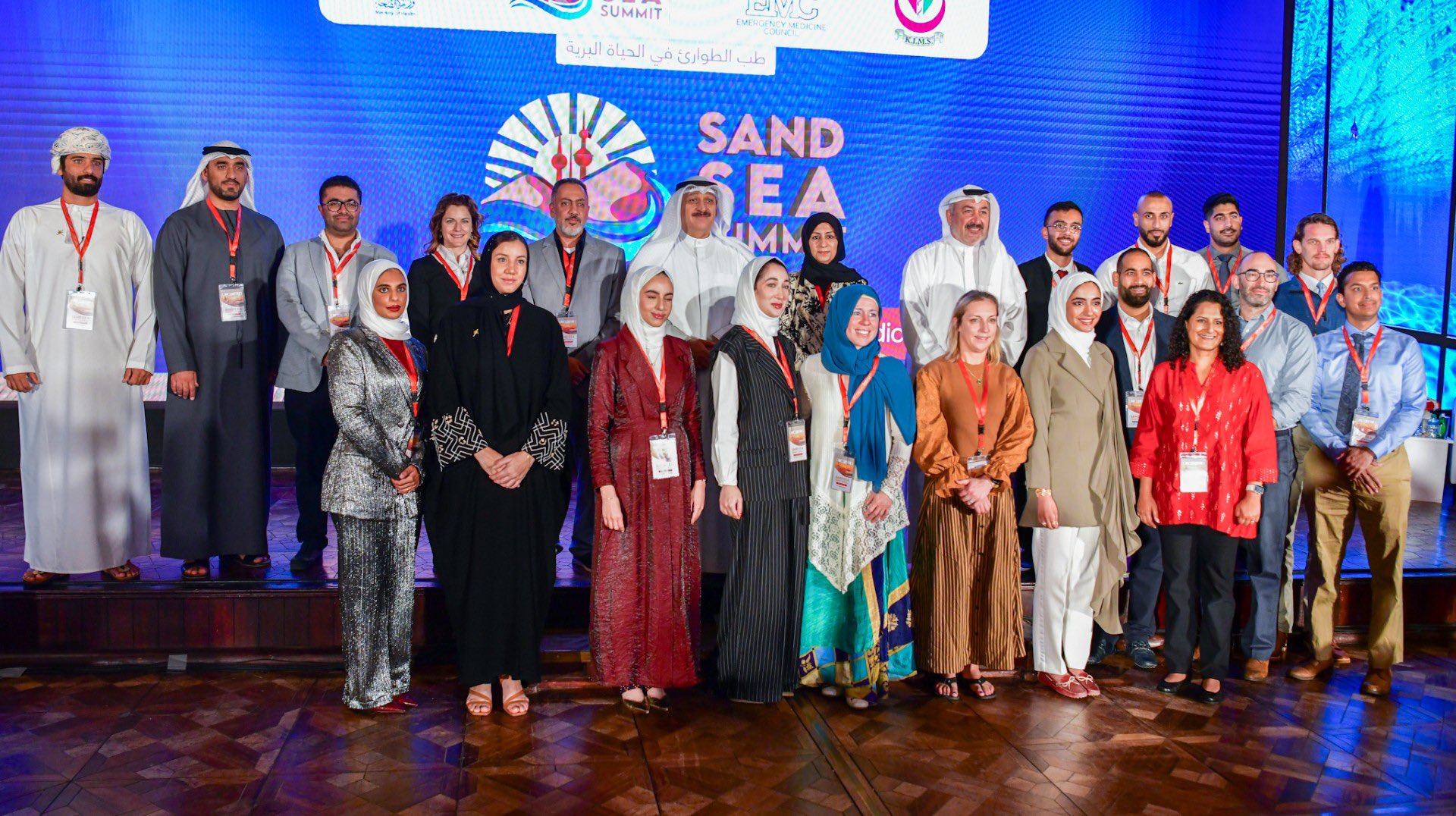
He explained that the workshop aims to enhance cooperation and exchange experiences to support the quality of health services in Kuwait, emphasizing the importance of this field, which combines medicine and health care in wildlife settings. This specialization requires the provision of emergency care for accidents and injuries during land-based activities such as camping and fishing, as well as injuries occurring during sea excursions.
As part of the development of the medical emergency department, he noted that the ministry opened an emergency clinic on Umm Al-Muradem Island last August and also trained doctors to handle emergencies in non-traditional settings, equipping them to provide essential care adapted to the local environment.
In a statement to the press after the workshop’s opening, minister Al-Awadhi said the ministry is committed to attracting local and international expertise in environmental emergency medicine. He also emphasized the ministry’s focus on national talent, expanding knowledge of advancements in this field, and providing training opportunities for doctors and health practitioners to elevate the quality of integrated health services.
He explained that as part of efforts to strengthen the field and provide practical training, the workshop will organize visits tomorrow to Umm Al-Muradim Island and Bar Al-Sabiya, with participation from the Ministry of Interior, the National Guard, and the Fire Department, to build the medical staff’s capabilities within these sectors.
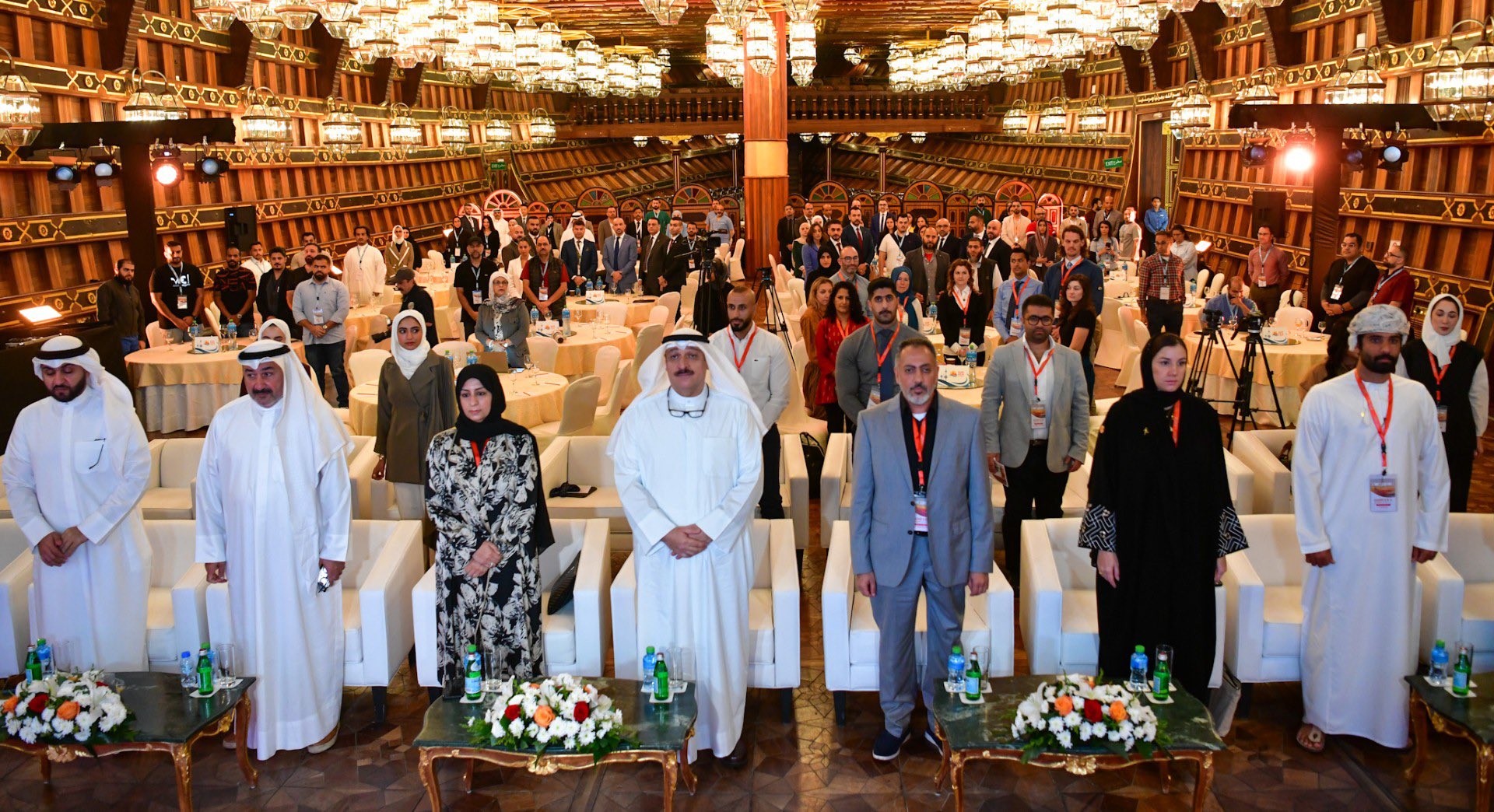
In a similar statement, Dr. Nawaf Al-Dahrab, head of the emergency department at Al-Adan Hospital, head of the Sabah Al-Ahmad Emergency Center, and lead of the workshop, stated that this workshop underscores the importance of this vital specialization, both in everyday life and for those engaging in exploratory activities and tasks in natural environments.
Al-Dahrab explained that providing medical care in wildlife settings presents various challenges, including limited access to medical resources in remote areas, as well as challenges related to weather, the environment, and the risks posed by wildlife, such as exposure to venomous bites from reptiles and the necessary response protocols. Marine risks also range from diving injuries to drowning incidents.
Emergency medicine has become a key specialty in Kuwait
He noted that emergency medicine has become an essential specialty in Kuwait, particularly with the increase in land and sea activities that involve certain risks and challenges, which require medical readiness and an enhanced response in case of emergencies.
He emphasized that integrating emergency medicine with wildlife practices contributes to fostering innovation, enhancing the ability to handle challenging conditions, and improving the efficiency of health care providers.
